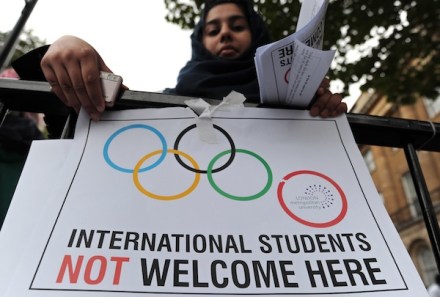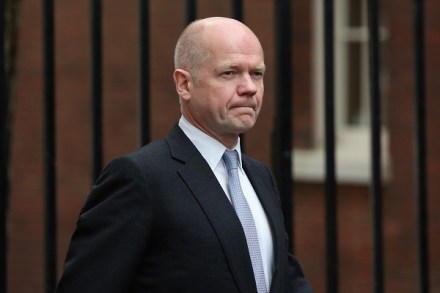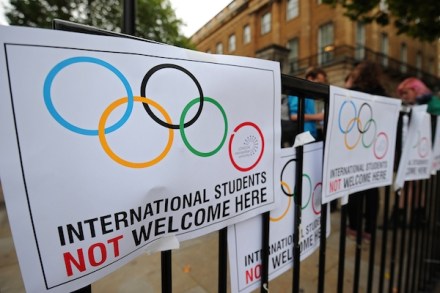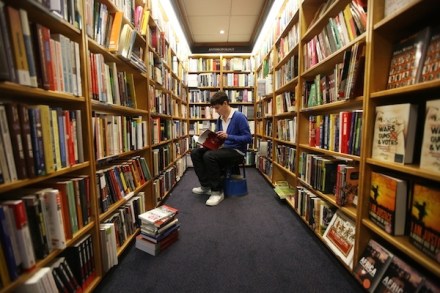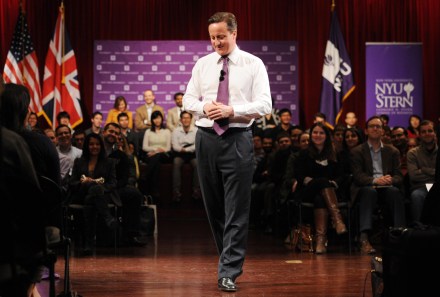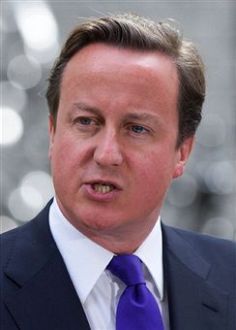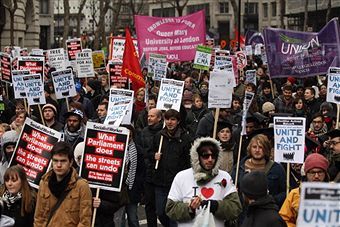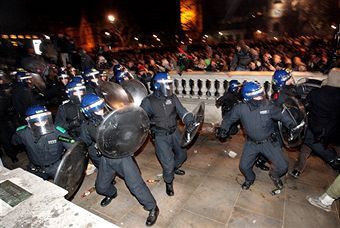How local government is threatening Oxford University’s competitiveness
The press love a bit of Oxbridge competition, but Oxford is embroiled in a far older and more ruthless rivalry: town vs. gown. It was in a dispute between the university and city of Oxford that Cambridge University has its foundations. In 1209, according to Roger of Wendover’s chronicle, an Oxford liberal arts scholar accidentally killed a woman. The Mayor led a group of townspeople to the killer’s house, only to find that he had fled – instead, they seized the three innocent scholars with whom he rented the house and hanged them. Fearing future tyranny and terrified of their fellow citizens, an exodus of Oxonians left the dreaming spires






